Out this week: William Prince examines colonialism, Christianity + country music on Gospel First Nat
For Prince, the making of Gospel First Nation was an act of building a bridge between worlds at-odds, as a way to find harmony in conflicting, complex truths
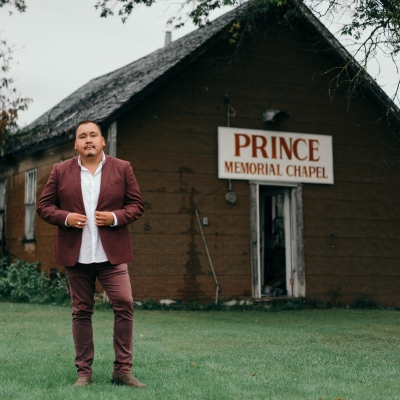
Pictured: William Prince
Featured Artist News category interest
Today (October 19), Winnipeg songwriter William Prince announces his new album Gospel First Nation, out this Friday, October 23 through Glassnote Records. After a whirlwind past few years — from Peguis First Nation in Manitoba, Canada to opening for Neil Young and being crowned “the king of Canadian country music” (Paste) — Prince presents an album that, according to Prince, was 100 years in the making.
The thoughtfully loping original “Gospel First Nation” proposes a Jesus that lives in Fisher Bay, Manitoba — it exhibits Prince’s unique knack for flipping storytelling specificity into universal metaphor. Listen over at Bluegrass Situation.
On Gospel First Nation, Prince tells us his story through the music of his childhood, songs of faith, struggle, and grace; songs he learned and sang with his father in that chapel named for his great grandfathers, all preachers. The three originals include “When Jesus Needs an Angel,” a song Prince wrote when he was 14. The other new songs, including the title track, were written shortly after Prince’s sophomore album Reliever was released earlier this year. They emerged as a natural response to the worry and disruption of the time. “We are living through an age of grief; grieving our lives, routines and families at the hand of a pandemic,” says Prince. “I found myself wishing to return to this place of comfort amidst all the chaos.”
Elsewhere, “Higher Power” — written by Bob Norman, a First Nations man from the Meadow Lake region of Saskatchewan — grapples with alcohol addiction and places its trust in those powers greater than us, and it sits alongside the album’s other traditional gospel selections as part of a songbook of guidance and comfort learned from Prince’s father and community. “All His Children,” is a tune made unforgettable by Charley Pride, one of country music’s most important stars. “This One I Know,” was written by Edward Prince, William’s father who recorded and released his own records and sold them out the trunk of his car across Northern Manitoba, one with the very same photo of the Prince Memorial Chapel on the cover.
For Prince, the making of Gospel First Nation was an act of building a bridge between worlds at-odds, as a way to find harmony in conflicting, complex truths. “As a young person, I never fully understood why the divide between cultural and Christian First Nations people existed,” says Prince. “In actuality, the very singing of these songs and belief in a Lord and Saviour is the success of a plan to extinguish Indian identity. This album is an amalgamation of two realms.” In its humble and extraordinarily personal way, Gospel First Nation honours this story while making a statement of startling, radical magnitude. William Prince says this album is 100 years in the making. Look inside the derelict chapel: it’s also 100 years in the unmaking.
Gospel First Nation’s lead single, its title track, also opens the album, and it is a showcase of Prince’s gentle guitar strums, swaying steel and unhurried tempo travel alongside his deep, soothing voice. This “21st Century Northern-Interlake Country Gospel Sound” is the product of Prince’s childhood home, where the classic American country canon provided a constant soundtrack. It’s a testament to Prince’s approach to life’s big questions with his now-signature humility and curiosity, and a grand example of his influences and references, from the gospel of his childhood to the pantheon of classic outlaw country singers, baseball, and the great beyond.
More Photos
More from Featured Artist News

Featured Artist News
The War And Treaty Earns 3rd Consecutive Academy Of Country Music Awards Nomination For ‘Duo Of The Year’
The Plus One Tour To Stop At NYC’s Irving Plaza, LA’s Troubadour, DC’s Howard Theatre, And More
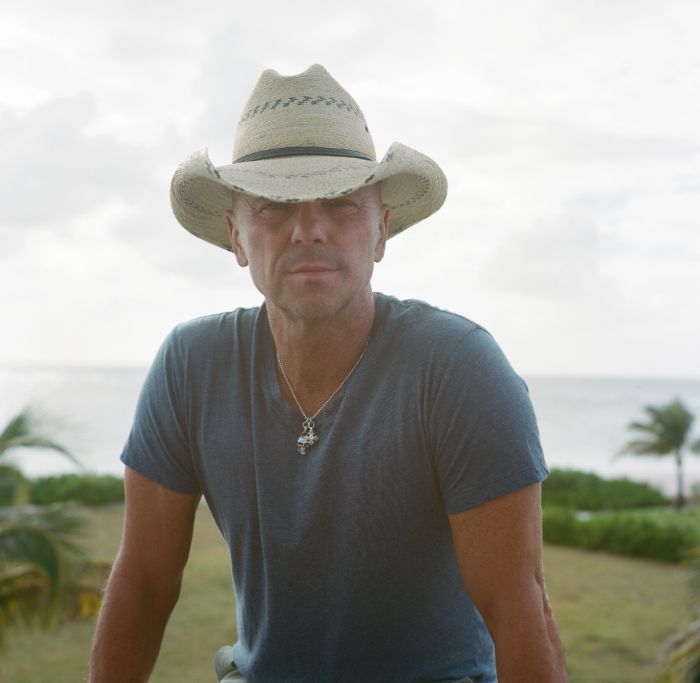
Featured Artist News
Kenny Chesney Named to the Country Music Hall of Fame
Pre-Birthday Gift That Defies The Imagination Brings Him Into A Very Exclusive Circle Alongside
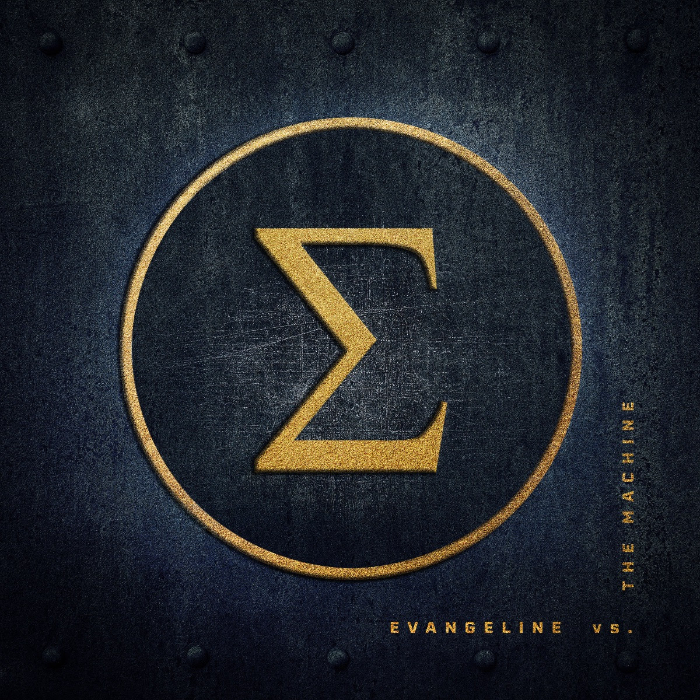
Featured Artist News
Eric Church’s “Hands Of Time” Breaks Personal Record as Most Added at Country Radio Ahead of Evangeline vs. The Machine
Evangeline vs. The Machine Arrives May 2

Featured Artist News
Country Singers Alana Springsteen And Dylan Gossett Get Festival-Ready With TravisMathew
As official brand ambassadors, Springsteen and Gossett will make their Stagecoach debuts this year + share their favorite picks from TravisMathew’s “Festival Edit” lookbook
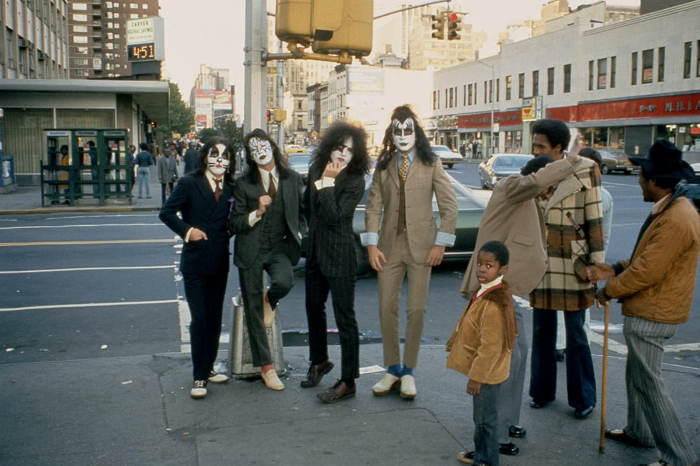
Featured Artist News
KISS Celebrates 50 Years of Dressed to Kill with Exclusive New York City Audio Tour
This never-before-heard experience will offer fans an immersive journey

Featured Artist News
Concord Music Publishing Signs Singer-Songwriter Zachary Knowles
He’s been recognized by publications including Ones to Watch, Uproxx, Earmilk, The Line of Best Fit – and it’s clear he is just getting started



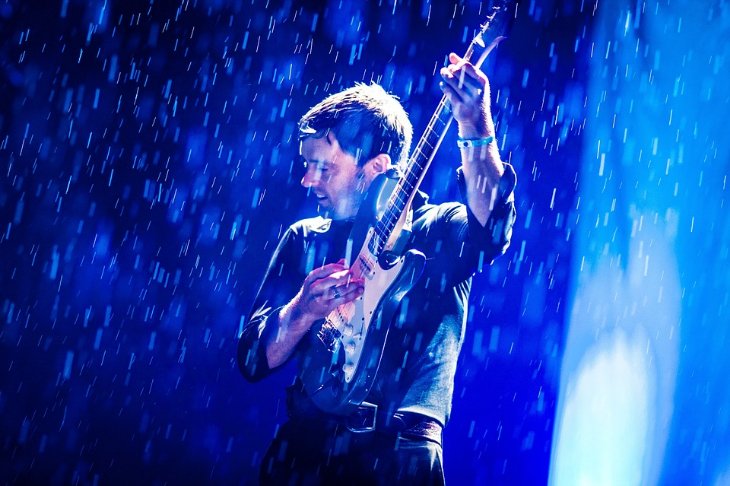

 Newsletter Signup
Newsletter Signup